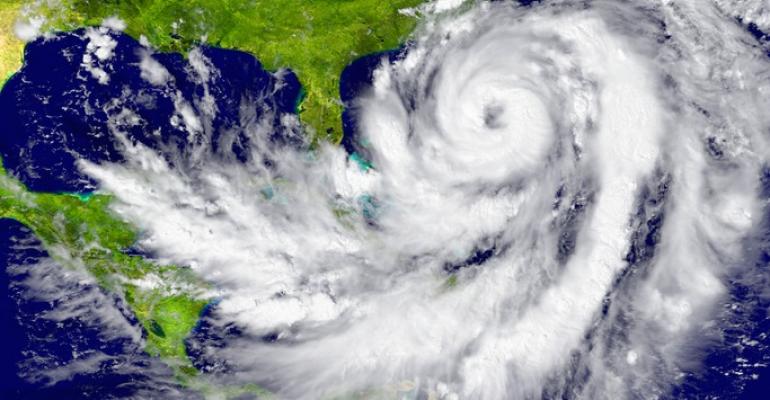If your car dealership is in the path of an approaching hurricane, your first concern may be the safety and security of your employees and business.
However, when bad weather arrives, you’re at risk from more than just storm surges and high winds.
Severe storms are becoming the perfect cover for a rising breed of cyber criminals who are intent on using damage and disruption for their own gain.
According to the Insurance Information Institute, hurricanes caused an estimated $30 billion in losses in 2017. What is less well-documented is the amount of financial loss caused by hackers exploiting compromised IT systems or people in need of help. Dealers are vulnerable to both.
As we continue through hurricane season, dealers should prepare to protect themselves from both physical and virtual risks. Here is what dealers should consider:
Keep Yourself and Your Inventory Safe
Hurricanes can strike along any U.S. coast and severely affect communities up to 100 miles (160 km) inland. If that applies to your dealership, take the necessary steps to prepare. Be sure to have a safe evacuation plan and watch local weather reports and storm alerts closely.
Store enough supplies, such as bottled water and boarding for your windows, to last at least three days. A full list of general tips can be found at Ready.gov, a service of the Department of Homeland Security.
Keep in mind, though, that general tips can only get your dealership so far. When we speak with dealers who are frequently in the path of hurricanes, one of their largest concerns is how to protect their inventory, especially when they have a significant portion of their vehicles outdoors. You might have an evacuation plan for your team, but what about your vehicles?
Every dealership in hurricane-affected areas should have a location where they can take their inventory in case of an emergency. This could be a parking garage farther inland, a storage facility on higher ground, or some other place that is well away from the path of the storm.
Driving your vehicles to this location will take time, so be sure to plan the process in advance. Most importantly, don’t get caught trying to reserve a “higher ground” too late. If you do this, it might be too expensive or even unavailable.
Not all insurance companies are familiar with dealers’ unique needs. For example, Ally pays dealers $25 for each car that is moved to safety.
While severe storms bring mayhem, post-storm they can also bring new customers seeking to repair or replace damaged vehicles. You’ll want to have plenty of inventory for them to choose from.
Once your employees, inventory and facilities are safe, consider the other half of the battle.
Cyber Risks: Don’t Get Caught with Your Guard Down
After a hurricane, often there is an incredible outpouring of support from people seeking to help those affected by the storm. Once the power is back on and the physical damage is assessed, everyone gets busy rebooting their IT systems and returning business to normal.
Bad actors recognize these patterns and use them to their advantage. Whether they are posing as fake charities to solicit donations from local businesses or taking advantage of a compromised IT system to steal information, the aftermath of a storm provides a fertile ground for these attackers.
Dealers are particularly vulnerable to cyber risks.
For one, dealers conduct online commerce, making them targets for viruses or malware.
Dealers handle a high volume of personally identifiable customer and employee information – a goldmine for hackers.
Many dealers have a high public profile from TV advertising and community activism, so everyone knows who they are.
When bringing your IT systems back online, take special care to ensure all security systems are functioning as well. Gaps in your defenses often appear when you are in this vulnerable transition phase.
Whichever security programs you use, good cybersecurity starts with your employees. Train your staff to give an extra level of vigilance to emails that look suspicious. They might be designed to gain access to your systems.
 Is that unfamiliar repair and cleaning service legitimate? This is a common scam used to target businesses after a storm. If you are hiring contractors, ask to see their licenses and other pertinent qualifications. The Department of Homeland Security offers specific tips to combat hurricane-related scams. (Wards Industry Voices contributor Mark Manzo, left)
Is that unfamiliar repair and cleaning service legitimate? This is a common scam used to target businesses after a storm. If you are hiring contractors, ask to see their licenses and other pertinent qualifications. The Department of Homeland Security offers specific tips to combat hurricane-related scams. (Wards Industry Voices contributor Mark Manzo, left)
If you’re cleaning up after a storm, the last thing your dealership needs is another catastrophe, especially one as potentially costly to your reputation and bottom line as a major cyber breach.
You’ve built trust within the community. Don’t let a malicious actor stop you from getting back to business and serving your customers.
Mark Manzo is Ally Financial's president-insurance.





